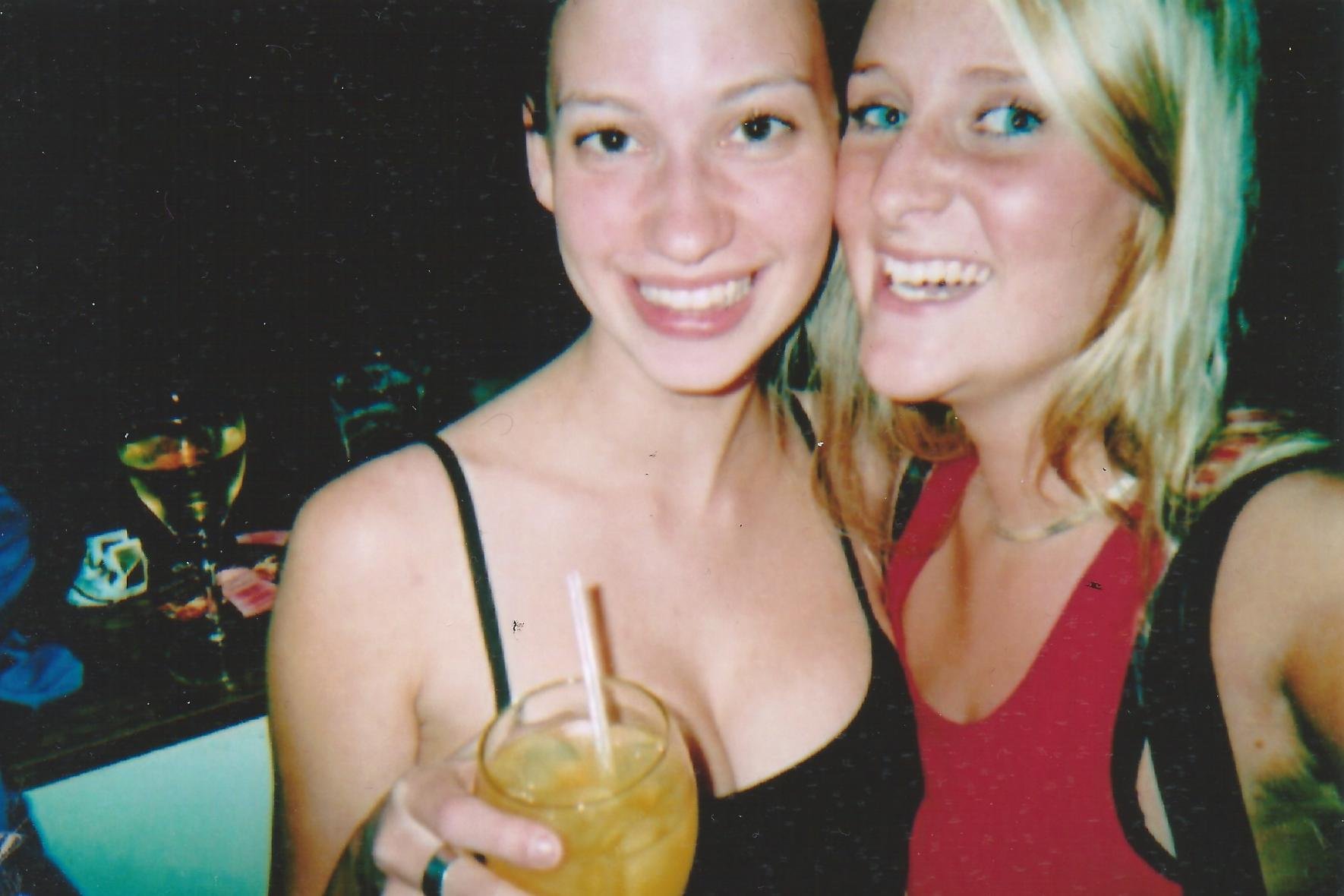First published in The Times on 26 May 2021
According to research just released by neuroscientists at University College London, avoiding high expectations is the key to happiness. They used a gaming app and MRI scans of people’s brains to come to this conclusion. More than 18,000 people played a game on the app that involved making risky decisions. The researchers found that the participants’ happiness depended not on how they were doing against other participants but on whether they were doing better than they had expected.
This makes perfect sense because one of the happiest periods of my life took me entirely by surprise. I’d had no expectations whatsoever.
Looking back, I wonder where my adventurous spirit was when I was 18. While others planned gap years roaming Thailand and Australia, I don’t think travel crossed my mind. Having deferred university — my first choice, Edinburgh, couldn’t offer me a place until the next year — I chose to stay put at my parents’ house in Newcastle and get a job. I wanted the straightforward transaction of working for money, instead of towards exams. Other than that, I expected nothing. My sister had spent her gap year as a bored shop assistant at Next, messing up piles of shirts to refold them. The real thing to look forward to was university, which my family assured me would be the time of my life.
I found a job at a grubby pub. It had recently been given a refurb, all pine and polyester, but retained a reputation as a student dive where you could hear DJs several nights a week. I was part of an influx of young female staff, and the manager and owner were men in their twenties. To say they liked us all to socialise together would be an understatement. Once or twice over the first week someone raised an eyebrow and asked me if I’d met Jenni yet. I gathered that she was a barmaid who was away on holiday but thought nothing of it. Then one day, at a barbecue at the owner’s flat, the door flew open and a fierce, tanned blonde walked in, sweeping the new girls with a death stare.
Jenni had been the alpha female of the pub but within a couple of shifts we became inseparable — together we felt we ruled the bar and possibly the city. That year was the most fun of my then short life. It might still be the most fun of my now much longer life. I didn’t see the Temple of the Emerald Buddha or the Great Barrier Reef but I learnt the power of a treble vodka and Coke (£2.80), and something about my own power too.
We befriended bouncers, barmen and DJs, and got on the guest list of every club night in town. We attended squat parties and student art installations. We worked with a series of awful, sleazy chefs, and we took my first girls’ holiday to Ayia Napa, where I sprained my ankle and was carried onto a party boat by a Cypriot sailor.
Hattie and Jenni on a night out
It probably sounds nightmarish to you. To me, back then, it was liberation at last: carefree fun with none of the anxiety of A-levels, and a new gang of friends who made me laugh until I was wheezing. Geordies treat being funny and sharp-witted as a competitive sport.
Some of those friendships are still going strong 20 years later, especially one: I live half an hour from Jenni in London and am godmother to her daughter. When I look back on photos from that time, I see two kids, our excitement fuelled by hair straighteners, cleavage and cheap white wine. My parents must have wanted to throw a nun’s habit over me and send me to work in a bookshop. I’m grateful they didn’t.
The irony is that university, when I finally got there, was a terrible letdown. Where Newcastle had been gritty and exciting, Edinburgh was full of posh English teenagers asking me which school I’d gone to. The Scottish freshers were 17 and trying alcopops for the first time. I felt worldly and experienced at 19, and was in love with a boyfriend back home. I didn’t start to have fun until the second year. But then my expectations were probably too high.
